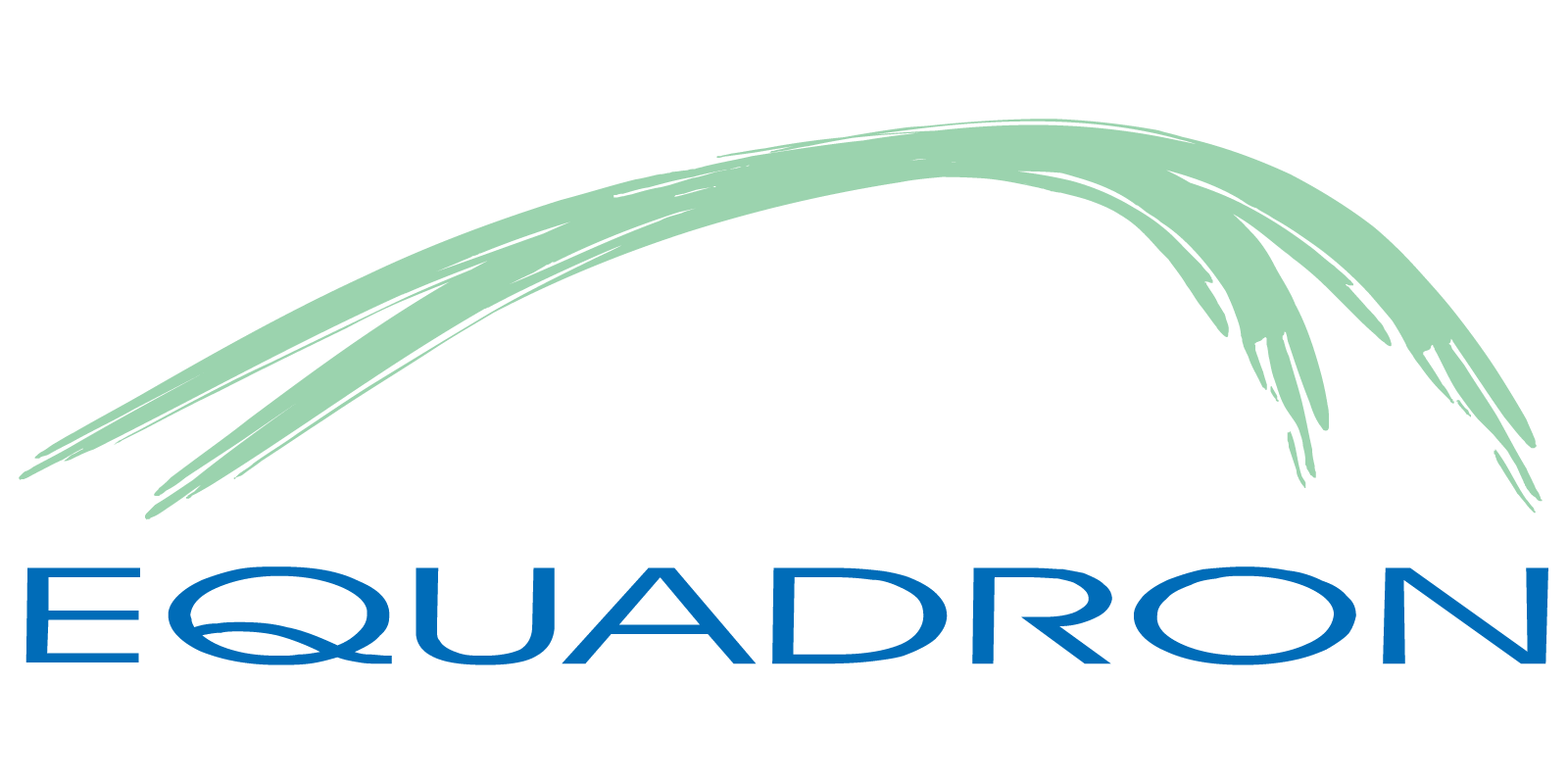As a standard for shop and field welding of steel bridges, the AWS D1.5 code outlines the requirements to ensure welded structures’ safety, durability, and quality. Preparing a Procedure
Tag: Welding
Welding is a fabrication process that joins materials, usually metals or thermoplastics, by using high heat to melt the parts together and allowing them to cool, causing fusion. Welding is distinct from lower temperature techniques such as brazing and soldering, which do not melt the base metal (parent metal).
The Coastal GasLink Pipeline is a 670-kilometer pipeline that will transport natural gas from near Dawson Creek in British Columbia to a massive LNG Canada processing facility in
The overbudget Trans Mountain expansion project owes its lenders at least $23 billion and is looking to take on more private debt as the federal government shuts its
We are pleased to announce Equadron’s engagement in the Kennedy Newton Water Main Phase 3 project. The $27.9M project consists of the supply and installation of all materials related
This winter edition of the Canadian Institute of Steel Construction (CISC) online magazine Advantage Steel includes Equadron’s General Manager Carlos Soubrier’s contribution. The paper exposes the numerous challenges of
The welding consumables identification system is not the simplest to interpret. Sometimes, key welding project requirements are missed due to the complexity of their identification systems and the absence
The development of welding procedures by steel shops and field welding contractors is a requirement of all welding codes. The codes intend that welding companies create welding procedures for
Welding dissimilar metals is a typical challenge in chemical and power plants, particularly in piping where different materials are selected for various temperature regimes. It is also encountered in
Ultrasonic (UT) and radiographic (RT) examinations are the most common volumetric non-destructive testing (NDT) methods. Their popularity spans multiple industries due to their reliability in detecting internal defects in
A Mill Test Certificate (MTC), or Mill Test Report (MTR), is issued by a manufacturer to certify the chemical and mechanical features of a product and its compliance with
